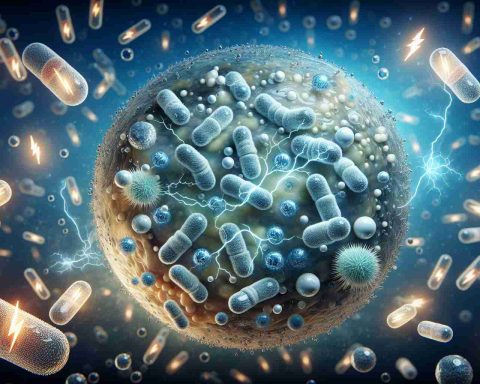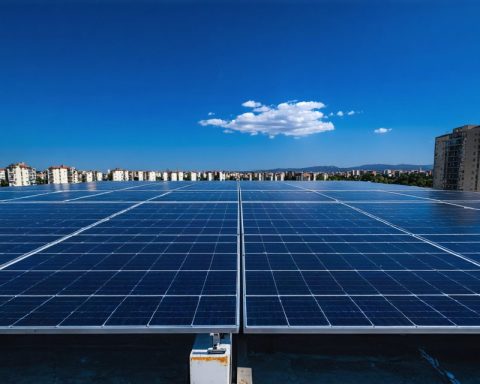Browse TagHydrogen Fuel Production
Hydrogen Fuel Production refers to the process of generating hydrogen gas, which can be used as a clean fuel source. This production can occur through various methods, primarily including steam methane reforming (SMR), electrolysis of water, gasification of biomass, and thermochemical processes.Steam methane reforming is the most common method, where natural gas (mostly methane) is reacted with steam at high temperatures to produce hydrogen and carbon dioxide. Electrolysis involves splitting water into hydrogen and oxygen using electricity, particularly when the electricity is generated from renewable sources, making it a sustainable option. Gasification converts organic materials into hydrogen and carbon monoxide, while thermochemical methods employ heat to produce hydrogen from compounds.The importance of hydrogen fuel production lies in its potential to serve as a clean energy carrier and to reduce greenhouse gas emissions, especially when produced using renewable energy sources. Hydrogen can be utilized in fuel cells to generate electricity, powering vehicles and other applications without emitting harmful pollutants. Ultimately, hydrogen fuel production plays a significant role in the transition to more sustainable energy systems.












